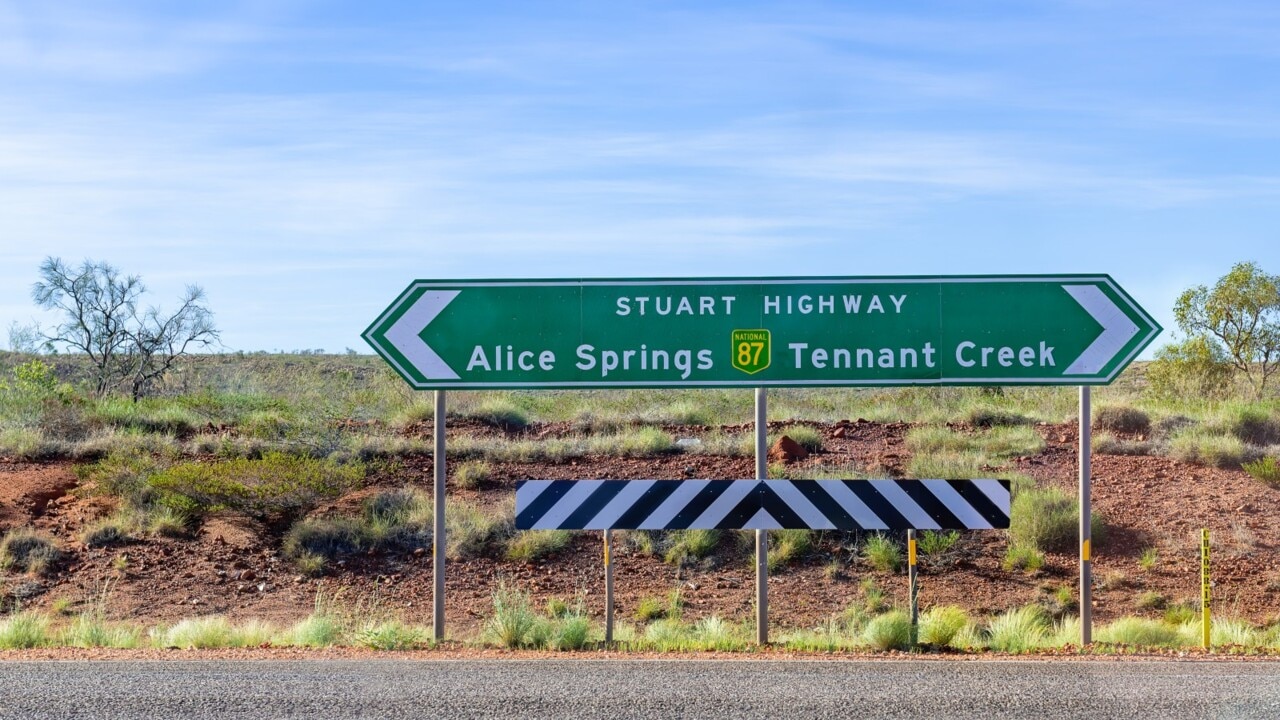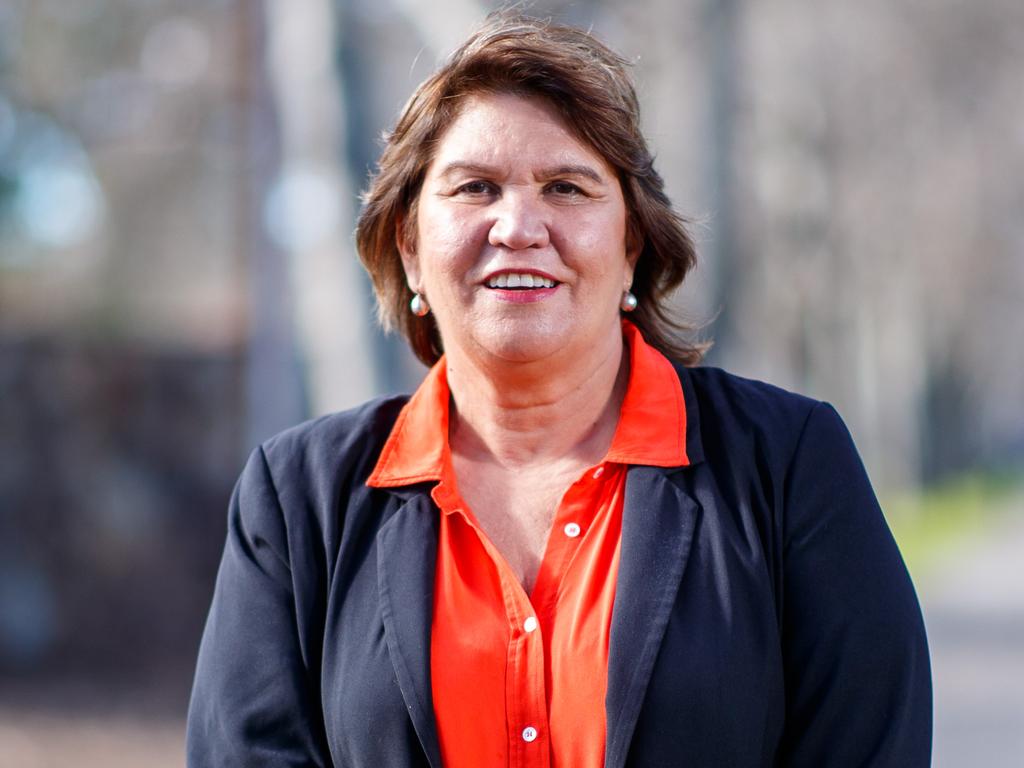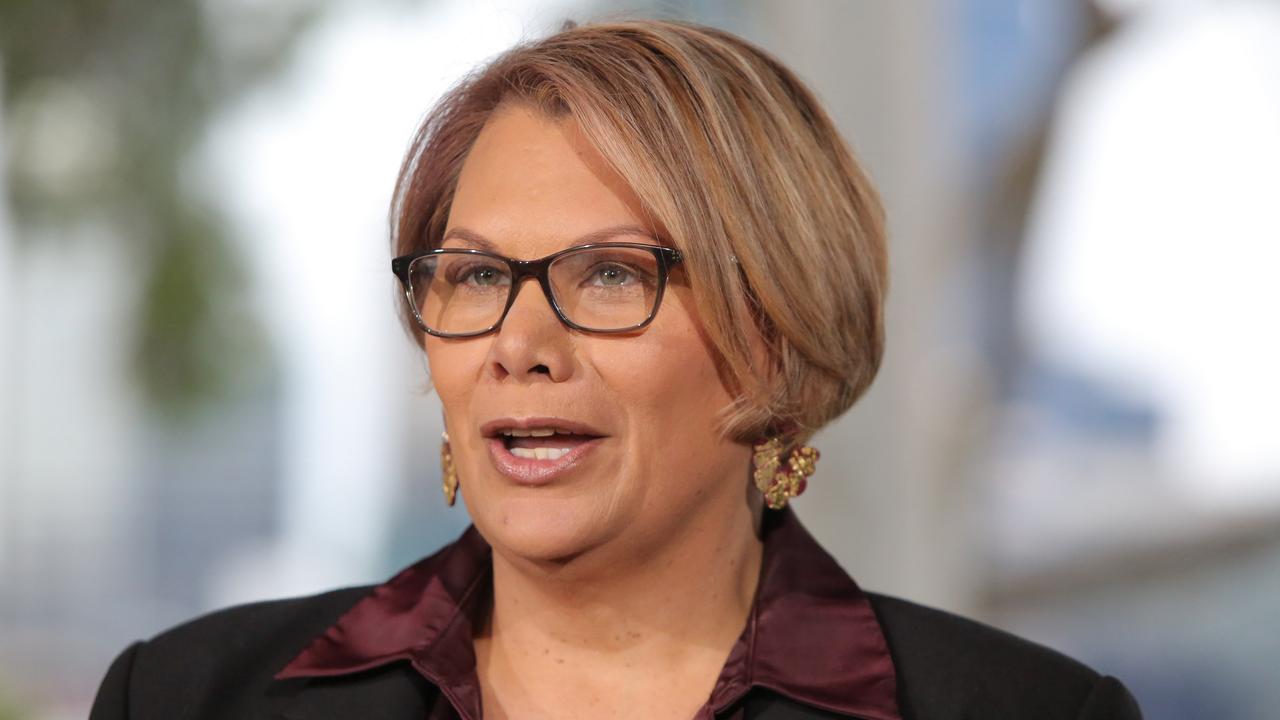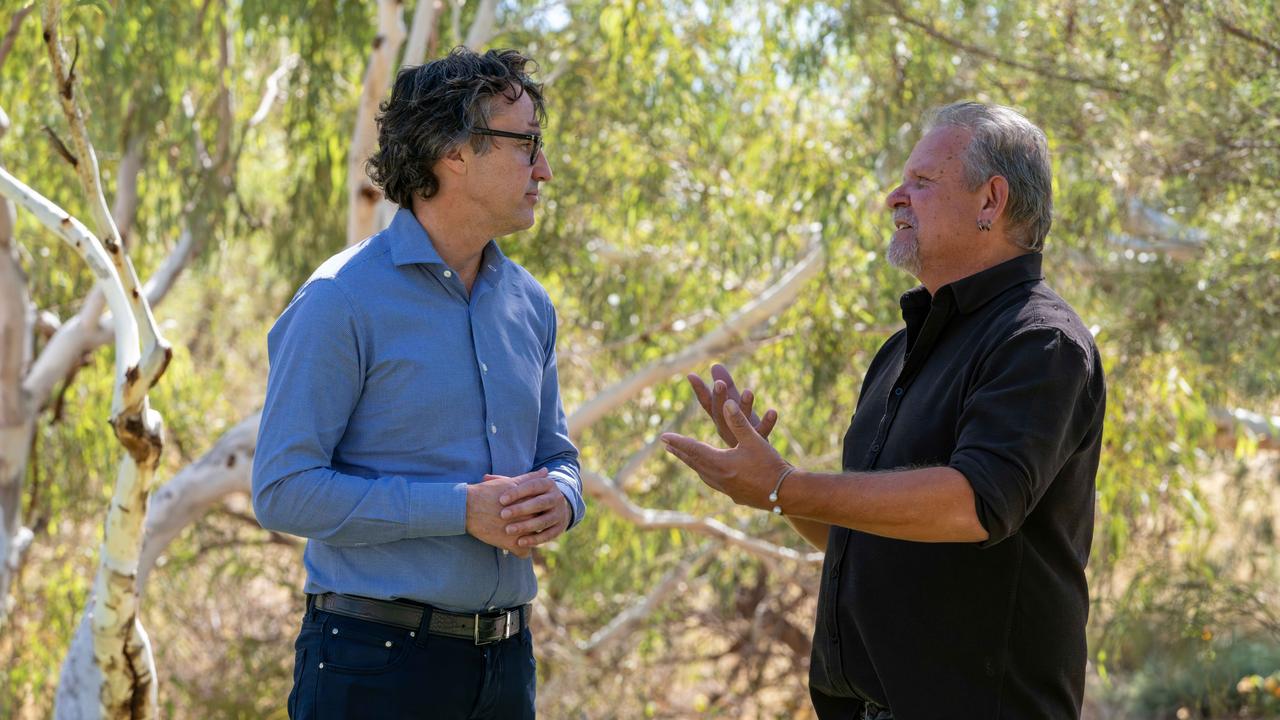Children in care need ‘action, not reaction’, says Kerrynne Liddle
Senator Kerrynne Liddle, an Arrernte woman from Central Australia, argues that prevention rather than reaction must become the focus in child safety.
![Liberal senator Kerrynne Liddle in Adelaide’s CBD. In an essay in The Australian on Saturday, Senator Liddle writes: ‘Who should care for these children [in foster care or other out-of-care arrangements] should simply be settled by asking: where are they safest and with whom are they safest?’ Picture Mark Brake](https://content.api.news/v3/images/bin/dcb7b6fc30deed617dde2d59bbdb3d1d?width=650)
Case workers and service providers in the child safety system are leaving it too late to intervene in troubled families, the Coalition’s new Indigenous affairs and social services spokeswoman says.
Kerrynne Liddle, an Arrernte woman from Central Australia and senator for South Australia, argues that prevention rather than reaction must become the focus of government agencies and service providers in the nation’s beleaguered child safety systems.
Senator Liddle makes a case for early intervention that aligns in part with the nation’s leading Indigenous child advocacy group, SNAICC, and with a 2024 Australian Human Rights Commission report comprised of interviews with children from troubled families.
The Help Way Earlier report “gave voice to children who said ‘I’ve got some shit parents and they need help earlier’,” Senator Liddle said.
“They told the truth.”
Children in foster care or other out-of-care arrangements have become a crisis in Indigenous policy because Aboriginal and Torres Strait Islander children are heavily overrepresented – about 43 per cent of children in care are Indigenous and the percentage of Indigenous children removed from their parents is climbing.
In an essay in The Australian on Saturday, Senator Liddle writes: “Who should care for these children should simply be settled by asking: where are they safest and with whom are they safest?”

Senator Liddle does not call for an end to the Indigenous child placement principle requiring case workers to look for an Indigenous carer for an Indigenous child.
However, as the Coalition prepares to review its policies, she writes of child safety practices: “All of it is in play to be fixed.
“When where you live is dysfunctional and in crisis, positive aspects of culture are often overwhelmed by the reality of the ugly environment.
“Children at risk and in care are best served by a focus on prevention and early intervention and enabling and engaging parents, family, care professionals and responders, neighbours and service providers.
“State, territory and commonwealth governments that fund them must do better.”
Senator Liddle said that in Australia’s safety system there was a shortage of carers and children are younger with more challenges. This fuelled the exponential and profitable growth of the residential care industry – the least desirable form of care for children.
The cost to the taxpayer is eye watering. For example, Queensland is spending $1.12bn annually on a child safety system described by Premier David Crisafulli as broken.
“Without early, timely and effective responses, there are greater challenges for child placement,” Senator Liddle said.
“The chances of reunion become more unlikely – more evidence of why we must respond sooner with actions that will make the most difference.”
In the Help Way Earlier report, the message from 150 children – almost 70 per cent Indigenous – was “stop it before it happens” and “don’t wait until it all falls apart”.







To join the conversation, please log in. Don't have an account? Register
Join the conversation, you are commenting as Logout